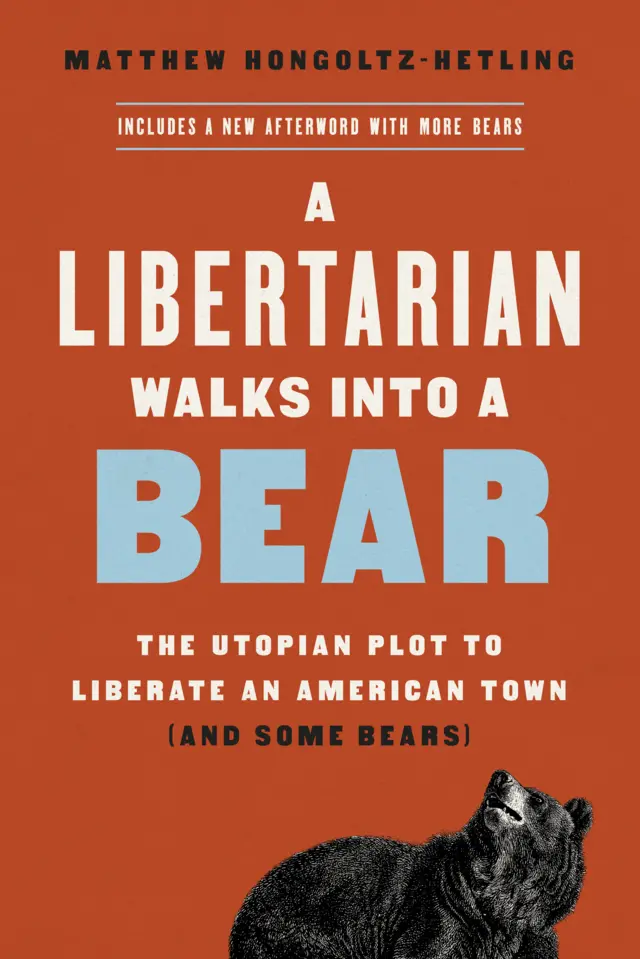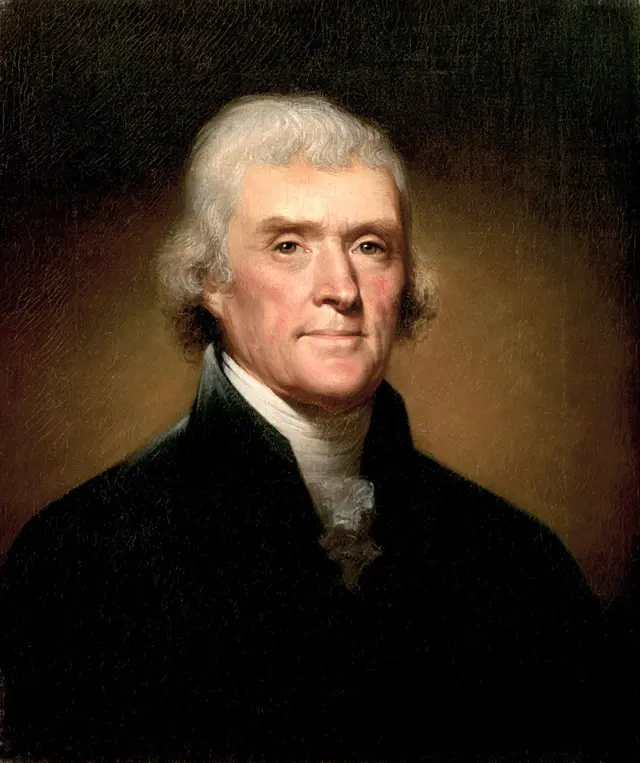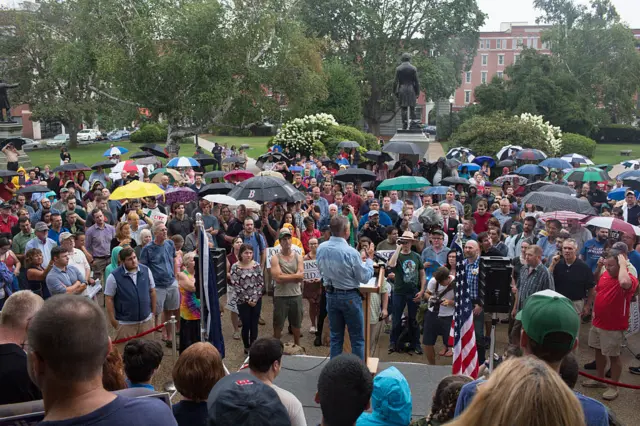Eltitoguay
Well-known member
When you alter another person's speech or writing to "correct" their thinking, it's a form of censorship.
Only the government gets to redefine the meanings of words. Thought you knew that?
Your hypocrisy and cheap demagogy have no limits; you do with my speech the same thing you complain about and accuse the Old Armed Hippie of: first you ignore my 4 articles on anarchism (true anarchism, not your criminal ultra-neoliberalism disguised as freedom) advocating and fighting for Public Health.
And then you ignore again that you have been told that for not paying taxes you are fined, and you clearly insinuate even murder.
And you repeat that you are not here to propose a better model: only to defame the Social State. You demonstrate again, that you are not only the same, but much worse than what you criticize.
And since you are acting dignified and asking that your message not be manipulated, and that we consider it and pay attention to it, when you ignore everything that does not interest you or that you do not understand: do not insult my intelligence as if we were on the same level, and use your cheap and demagogic chatter from a private school rhetoric class, to twist and falsify my speech. You do behave dialectically like a Government, but like an autocratic or fascist or Stalinist dictatorship. It is not worth your childish attempt to make us waste time debating about possible models of health. It is better to waste more time with you.
I'm not interested in debating which master or forcible system would be best. The fact they ALL strip people of rights is my concern.
I'm interested in having no masters and maximizing peaceful choices. You aren't trying to do that or even considering that as a viable possibility.
If you are concerned about "Letting people die", why would you sanctify using force against disinterested and otherwise peaceful people to make them pay for your ideas?
Will you hurt or kill them if they disobey?
















